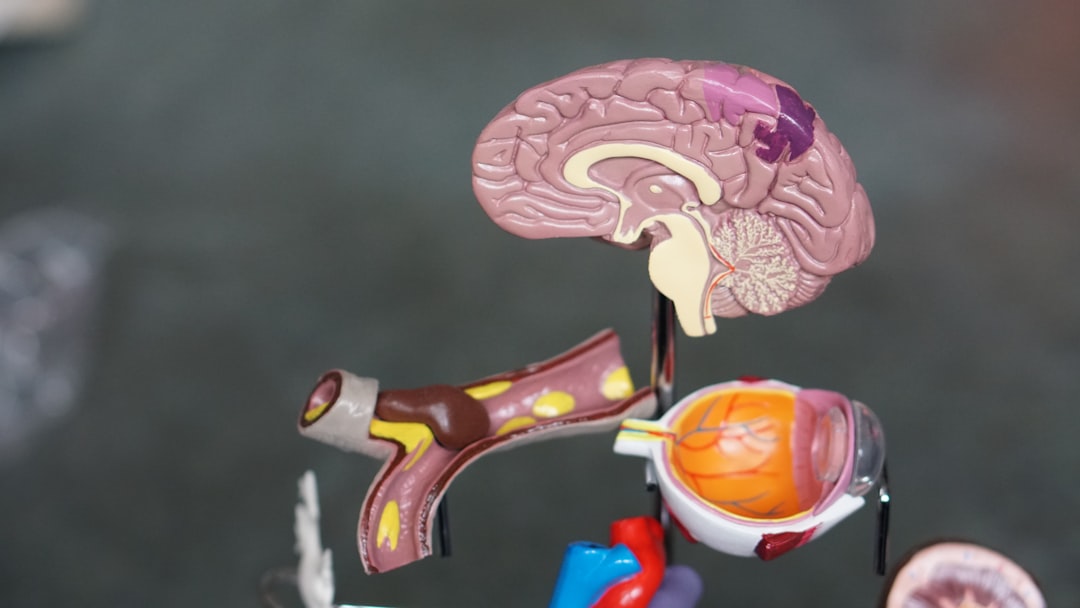What is it about?
Adrenal cortical steroid hormones, the glucocorticoids, cortisol in the human and corticosterone in rodents, play a key role in moderating the stress response by way of negative feedback actions on the brain-pituitary axis.They are also likely to play important roles in cognition and mood changes thought to be mediated by binding to intracellular glucocorticoid and/or mineralocorticoid receptors in the hippocampus of the forebrain.. There is an extensive serotoninergic (5-HT) innervation of the hippocampus which interacts with corticosteroid-sensitive cells. We have investigated the effect of intracerebroventricular 5,7-dihydroxytryptamine lesions of 5-HT neurons on glucocorticoid and mineralocorticoid receptor messenger ribonucleic acid (mRNA) expression in the rat hippocampus using in situ hybridization histochemistry. In controls, glucocorticoid receptor mRNA was highly expressed in dentate gyrus granule cell neurons, and in pyramidal cells of CA1 and CA2, but levels in CAS and CA4 were significantly lower. 5,7-dihydroxytryptamine-lesioned animals showed significantly less glucocorticoid receptor mRNA in the dentate gyrus (76% decrease), CA1 (42% decrease) and CA2 (52% decrease; all P<0.05 compared with controls). Mineralocorticoid receptor mRNA was expressed at a similar level in all hippocampal subregions in control rats. 5,7-dihydroxytryptamine lesioning led to a significant decrease in mineralocorticoid receptor mRNA expression in CA3 (56% fall) and CA4 (45% fall; both P<0.05), but not in the other subregions. Thus the 5-HT innervation regulates hippocampal corticosteroid receptor mRNA expression.
Featured Image
Why is it important?
Adrenal glucocorticoids and central serotonergic neurons play a key role in mood and mental state, manifest as depression, anxiety, post traumatic stress disorder and other mental conditions. Our findings show that the two quite distinct mechanisms interact by serotonin modulation of central mineralocorticoid and glucocorticoid receptors.
Perspectives
This paper provides important infrormation on the way that central serotonin neurons modulate the density of receptors for glucocorticoids and thereby play a key role in mood, cognitive and mental disorders.
Professor George Fink
Florey Institute of Neuroscinece and Mental Health
Read the Original
This page is a summary of: Central 5,7-Dihydroxytryptamine Lesions Decrease Hippocampal Glucocorticoid and Mineralocorticoid Receptor Messenger Ribonucleic Acid Expression, Journal of Neuroendocrinology, December 1990, Wiley,
DOI: 10.1111/j.1365-2826.1990.tb00659.x.
You can read the full text:
Contributors
The following have contributed to this page










